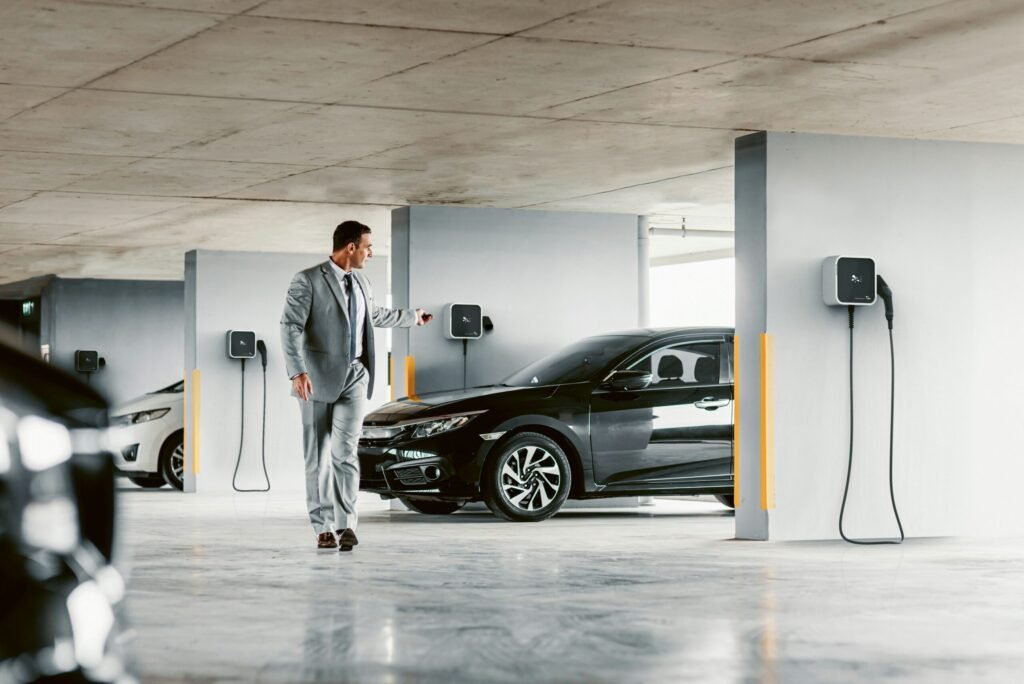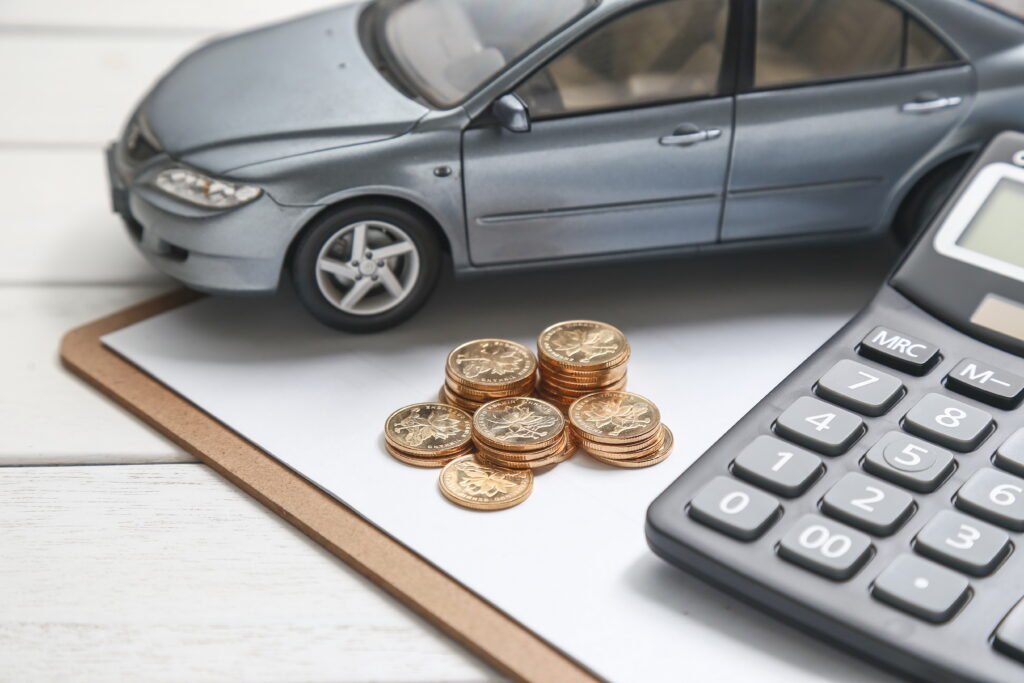How long does it take to charge an electric car? You’re probably wondering how long it’ll take to charge your electric car. The answer depends on several factors, including the type of electric vehicle (EV) you own and its battery capacity.
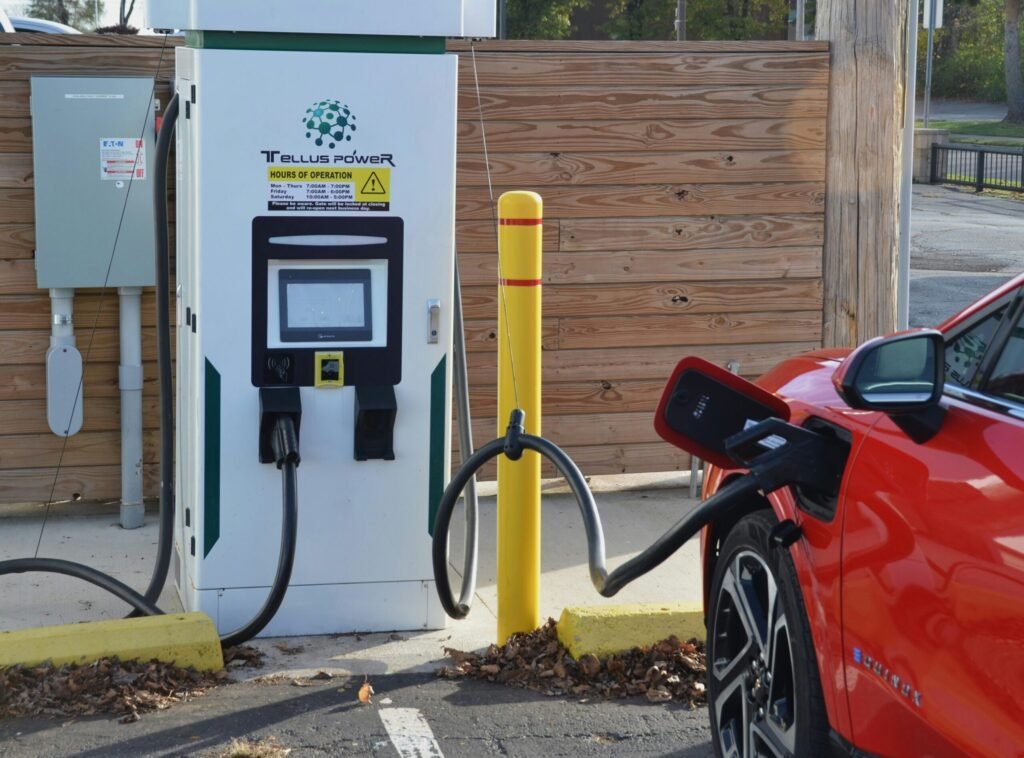
The charging method you use also plays a significant role in determining the charging time. As you consider purchasing an electric vehicle, understanding the charging time is crucial for planning your daily routine and long trips.
Electric vehicle charging times can vary significantly based on the charging method and the vehicle’s battery capacity.
Key Takeaways
- Electric vehicle charging times depend on the type of EV and its battery capacity.
- The charging method used affects the overall charging time.
- Understanding charging times is essential for planning daily routines and long trips.
- Different charging methods offer varying charging speeds.
- Charging times can impact your decision when purchasing an electric vehicle.
Factors Affecting Electric Car Charging Times
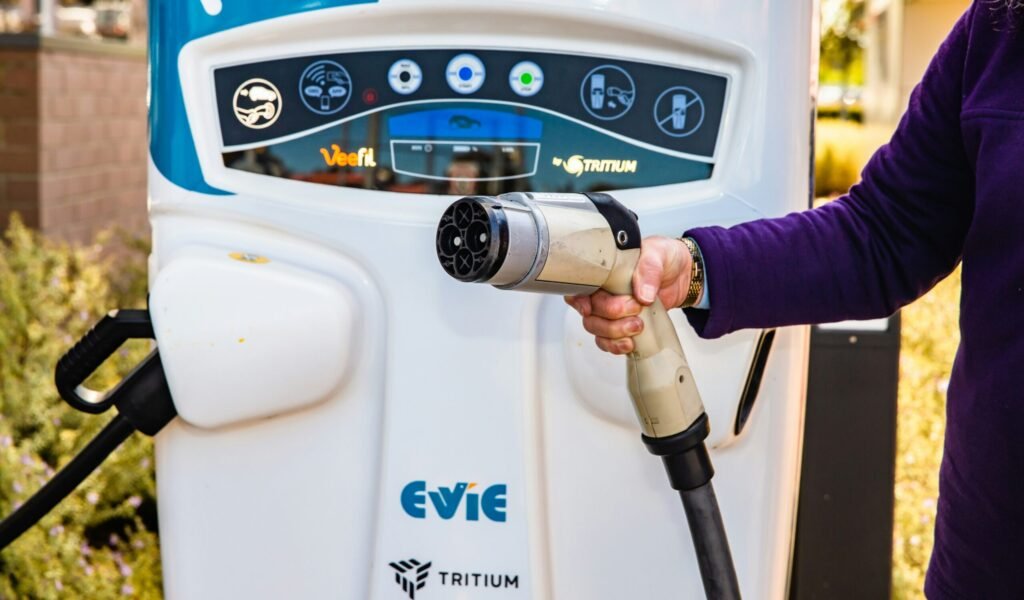
Several factors can significantly affect how long it takes to charge your electric car. Understanding these factors can help you plan your charging sessions more effectively and optimize your vehicle’s performance.
Battery Size and Capacity
The size and capacity of your EV’s battery play a crucial role in determining charging times. Generally, larger batteries take longer to charge, especially if they have a higher capacity measured in kilowatt-hours (kWh). For instance, a car with a 75 kWh battery will typically take longer to charge than one with a 50 kWh battery, assuming the same charging method.
Starting Charge Level and Battery Condition
The starting charge level of your battery and its overall condition also impact charging times. If your battery is completely depleted, it will take longer to charge than if it were only partially discharged. Additionally, the condition of your battery affects its ability to charge efficiently. Batteries that are well-maintained and not degraded will charge faster than those that are older or have been subjected to extreme temperatures.
Environmental Factors and Temperature
Environmental factors, particularly temperature, can influence charging times. Extreme temperatures, either hot or cold, can affect your battery’s performance and charging efficiency. Most EVs charge more slowly in very cold temperatures because the battery’s chemistry is less efficient under such conditions.
Vehicle’s Maximum Charging Rate
Your vehicle’s maximum charging rate is another critical factor. This rate, measured in kilowatts (kW), determines how quickly your car can accept charge. For example, if your car has a maximum charging rate of 100 kW and you’re using a 150 kW charger, your car’s battery will still charge at 100 kW, not faster. Understanding your vehicle’s maximum charging capability helps in choosing the right charging infrastructure.
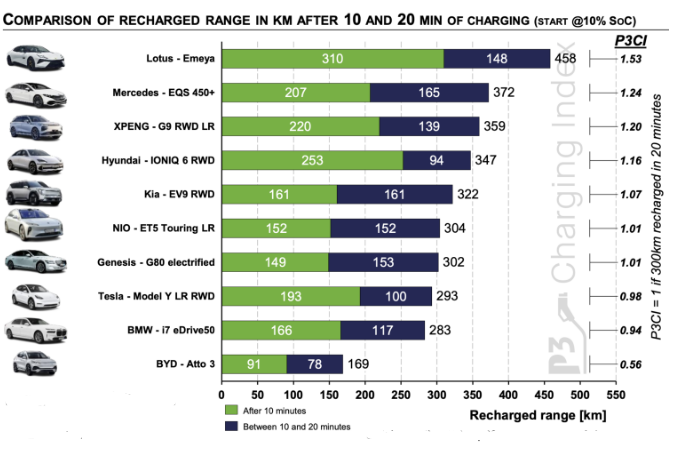
| Factor | Description | Impact on Charging Time |
|---|---|---|
| Battery Size and Capacity | Larger batteries with higher capacity | Increased charging time |
| Starting Charge Level and Battery Condition | Completely depleted or degraded batteries | Longer charging times |
| Environmental Factors and Temperature | Extreme temperatures | Reduced charging efficiency |
| Vehicle’s Maximum Charging Rate | Limited by the vehicle’s maximum charging rate | Capped charging speed |
How Long Does It Take to Charge an Electric Car?
The time it takes to charge an electric vehicle (EV) depends on several factors, including the type of charger used. Understanding the different charging methods and their respective charging times can help you plan your daily commute more effectively.
Level 1 Charging (120V Outlet)
Level 1 charging uses a standard 120V outlet and is the slowest method. It typically adds 2-5 miles of range per hour of charging. This method is convenient for overnight charging at home but is not practical for daily long-distance driving.
Level 2 Charging (240V)
Level 2 charging, on the other hand, uses a 240V charging station and is significantly faster, adding 10-25 miles of range per hour. This method is ideal for daily driving needs and can be installed at home or found at public charging stations.
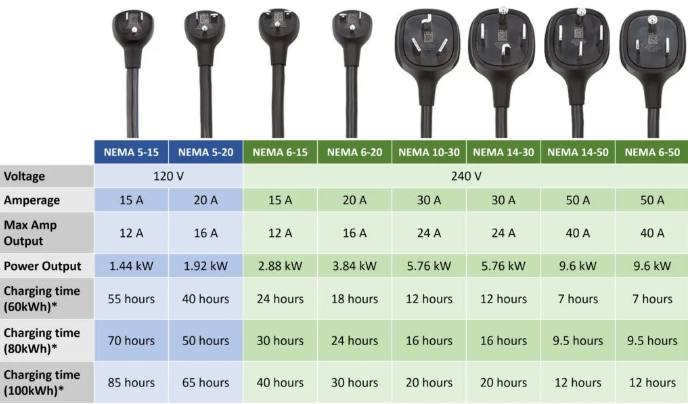
DC Fast Charging
DC Fast Charging is the fastest method, capable of charging your EV to 80% in under 30 minutes. This rapid charging capability makes long-distance travel more feasible.
CCS and CHAdeMO Standards
Within DC Fast Charging, there are different standards like CCS (Combined Charging System) and CHAdeMO. CCS is widely adopted by most EV manufacturers, while CHAdeMO is used by Nissan and a few other brands. Understanding these standards is crucial for compatibility.
Tesla Superchargers
Tesla Superchargers are designed specifically for Tesla vehicles, offering fast charging along highways and in urban areas. These chargers can add up to 170 miles of range in just 30 minutes, making them a convenient option for Tesla owners on the go.
By understanding the different charging methods and their respective charging times, you can choose the best option for your needs, ensuring that your electric vehicle is always ready to go.
Conclusion
As you’ve explored the world of electric vehicles, you’ve likely wondered about the duration for electric car charging. The time it takes to charge an electric car depends on various factors, including the type of EV, battery capacity, and charging method.
By understanding these factors and the different charging methods available, such as Level 1, Level 2, and DC Fast Charging, you can plan your charging sessions more effectively. Whether you’re driving a Tesla or another EV brand, knowing the electric car charging times can help you make the most of your vehicle’s capabilities.
As you continue to drive your EV, you’ll become more comfortable with the charging process, and you’ll be able to optimize your charging routine. With this knowledge, you’ll be able to enjoy the benefits of electric vehicle ownership, including reduced charging times and increased convenience.
FAQ
How long does it take to charge an electric car?
The time it takes to charge an electric car depends on several factors, including the type of electric vehicle, its battery capacity, and the charging method used. Charging times can range from under 30 minutes to several hours.
What is the fastest way to charge an electric vehicle?
DC Fast Charging is the fastest method, capable of charging your EV to 80% in under 30 minutes. Tesla Superchargers are also a fast option, designed specifically for Tesla vehicles.
How does the battery size and capacity affect electric car charging times?
The size and capacity of your EV’s battery play a significant role in determining how long it takes to charge. Larger batteries take longer to charge, while smaller batteries charge faster.
Can environmental factors like temperature affect electric car charging times?
Yes, environmental factors like temperature can affect the battery’s performance and charging speed. Extreme temperatures can slow down or speed up the charging process.
What is the difference between Level 1, Level 2, and DC Fast Charging?
Level 1 charging uses a standard 120V outlet and is the slowest method. Level 2 charging uses a 240V charging station and is significantly faster. DC Fast Charging is the fastest method, capable of charging your EV to 80% in under 30 minutes.
How long does it take to charge an electric car using a Level 2 charger?
The charging time using a Level 2 charger depends on the battery capacity and the charger’s power output. Typically, it can take several hours to fully charge an EV using a Level 2 charger.
Are there different standards for DC Fast Charging?
Yes, there are different standards for DC Fast Charging, including CCS and CHAdeMO. You’ll need to be aware of the standard used by your EV and the charging station.
Can I charge my electric car at any charging station?
Not all charging stations are compatible with all EVs. You’ll need to check the charging station’s connector type and the EV’s charging standard to ensure compatibility.
How can I optimize my electric car’s charging time?
To optimize your EV’s charging time, you can charge it when the battery is not fully depleted, avoid extreme temperatures, and use a fast charging method like DC Fast Charging or Tesla Superchargers.

